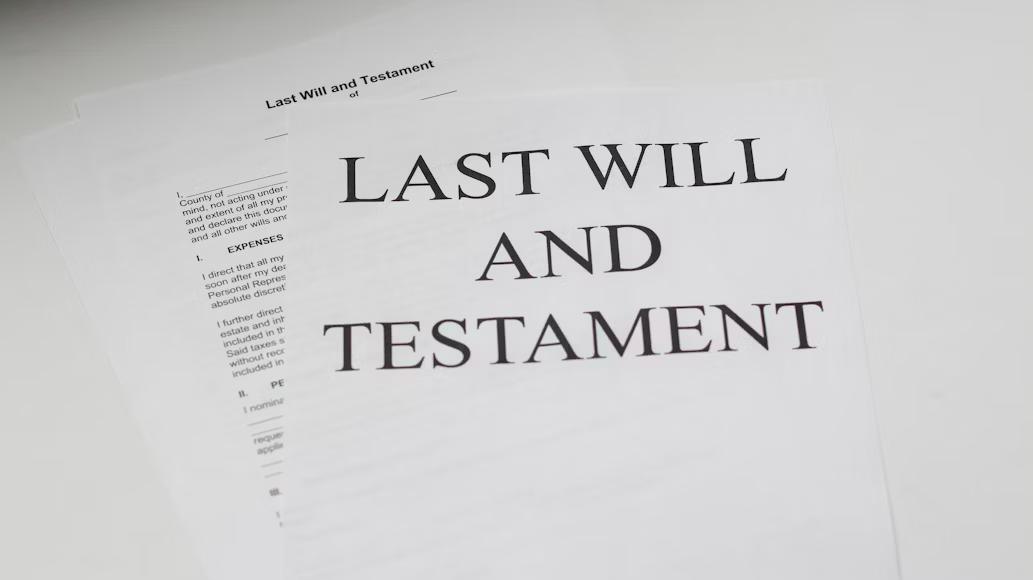
When people think of estate planning, they usually picture a formal legal document, drafted in a lawyer’s office, and signed with witnesses present. But did you know that in Alberta, you can technically create a valid will with just a pen and paper?
Let’s break down what a will is, the types that exist in Alberta, and why you should consider having one—whether it’s a formal document or simply handwritten.
What is a Will?
A will is a legal document that sets out how your property, finances, and belongings will be handled after you pass away.
This naturally brings up a few key questions:
- How do you prepare a will?
- What different types of wills exist?
- Who carries out your wishes?
- Do you really need one?
How to Prepare a Will
The simplest (and legally recognized) way to create a will in Alberta is to take a pen and paper, write out your wishes, sign it, and tuck it away. Congratulations—you’ve created what’s called a holograph will.
But is that the best way to document your final wishes? Certainly not.
In most cases, people will work with a lawyer to ensure the will is clear, comprehensive, and legally binding. This avoids confusion, family disputes, or issues with the courts later on. Still, it’s important to know that Alberta law recognizes more than just the traditional lawyer-drafted will.
Types of Wills in Alberta
- Formal Will
- Signed by the testator (the person making the will)
- Signed by two witnesses (all present together)
- Usually typed or professionally prepared
- Holograph Will
- Must be handwritten entirely by the testator
- Must be signed by the testator
- No witnesses required
- Military Will
- Available for Canadian Armed Forces members on active service
- Must be signed by the testator
- No witnesses required
Who Executes the Will?
A will only takes effect after death. From that point, a personal representative—sometimes called an executor—steps in to carry out the instructions.
When choosing a representative, it’s best to select:
- A trustworthy adult
- Someone willing and capable of handling the responsibility
- Ideally, someone who lives in Alberta (to make administration simpler)
It’s also a good idea to discuss this with the person beforehand. Being named as an executor should never come as a surprise.
Do You Really Need a Will?
The short answer: yes.
Dying without a will is called dying intestate. In that case, no one has clear authority to handle your estate right away. A relative or friend must apply to the court for the authority to manage things, and Alberta law will determine who inherits your property.
Usually, this defaults to family members—but that might not reflect your actual wishes.
Having a will means you decide where your property goes, who handles your affairs, and how smoothly the process runs. It also allows for tax planning to minimize the impact on your estate. That’s why it’s always wise to involve both a lawyer and a tax advisor when drafting a will.
Final Thoughts
At the end of the day, wills don’t need to be complicated. Even a handwritten note on the back of a napkin can count in Alberta. But for peace of mind, clarity, and efficiency, a properly drafted will prepared with legal and tax advice is the best way to go.
So while you might want to keep that “napkin will” in your back pocket, we recommend sitting down with your lawyer to put your final wishes into a document that leaves no room for uncertainty. Let JMH review the will after for any tax implications it may have on your estate.
This blog was written by Jody Neves.
Want to make sure it all adds up? Connect with us!
At JMH & Co., we are your partner for financial success.
Book an appointment with us or give us a call today.
Medicine Hat (403) 527-4451
Brooks (403) 362-4004
Calgary (403) 261-0835

